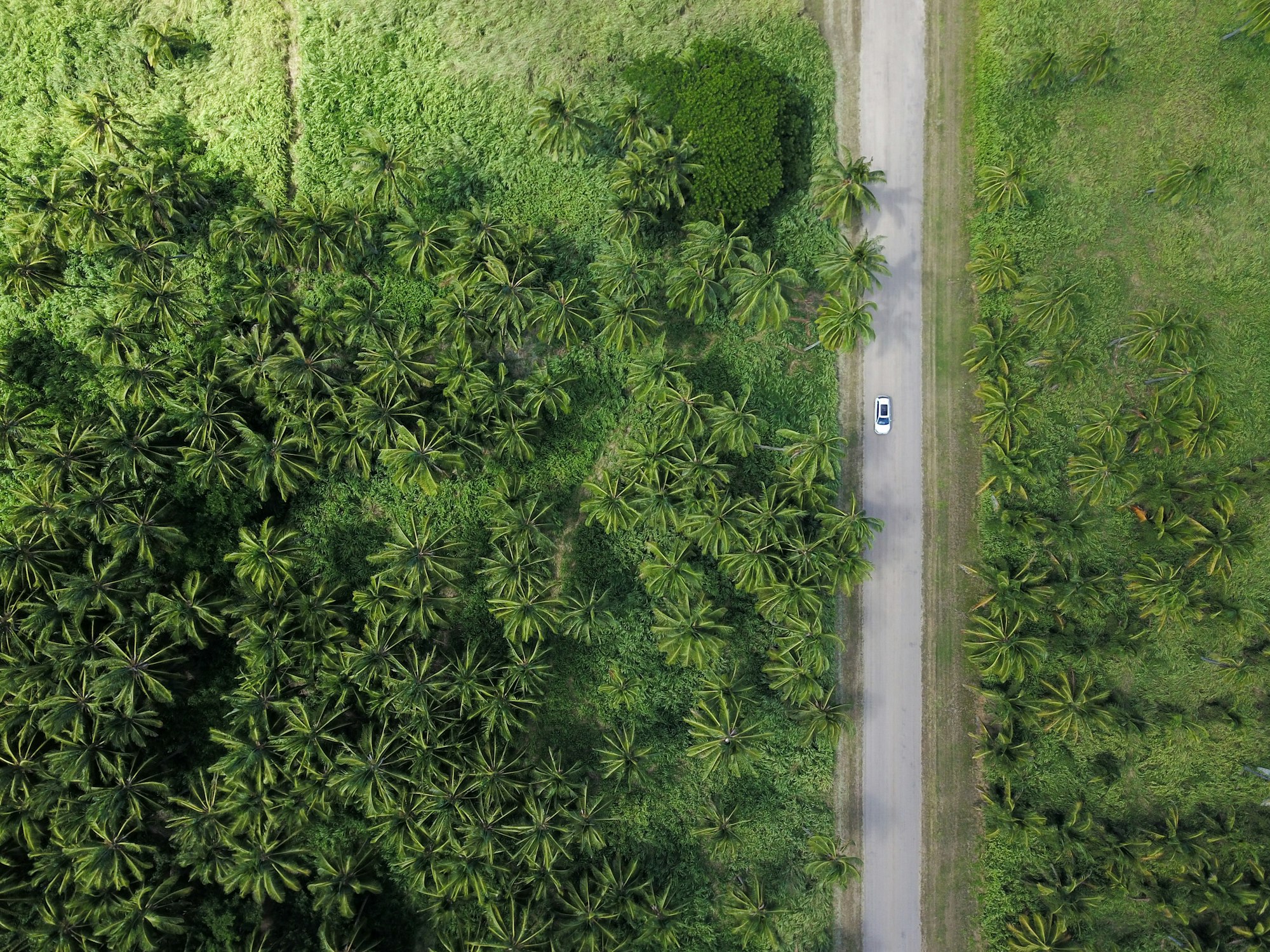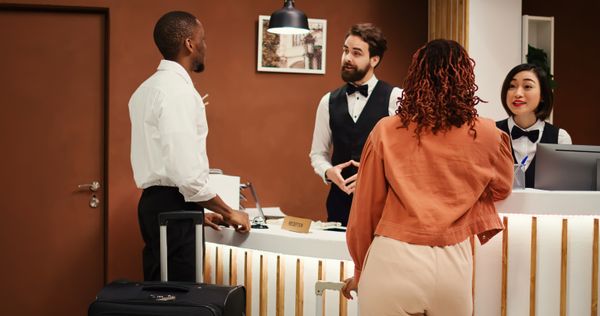The “megatrends in tourism” series highlights the major trends in tourism. In our previous articles, we presented the megatrends of demographic change, digitalisation, sustainability and mobility. But how can you go with the trends and prepare for them? In the following, you will receive valuable tips on how to become fit for the future and meet the megatrends.
Certain trends are unstoppable: digitalisation and the ageing population are among them. It is therefore important to use today's forecasts for your own benefit and to get the best out of them for your own business.
Megatrend digitalisation
Technologies are constantly being developed and replaced by new innovations. It is important to always keep an eye on the market. The future big trends are individualisation, networking and transparency. The possibility of digital/online communication with the hotel is particularly relevant. Personalised products, offers and travel experiences are shaping the future of tourism, just as much as digital platforms or virtual reality.
Use the advantages of new technologies for yourself! Big data can provide increased planning capability, and platforms for more reach. Each technology has its advantages, and it is important to integrate them into internal processes in the best possible way.
Megatrend demographic change
If you want to be fit for the future, you need to understand how the population and its needs are changing. Whether it is Generation X, Y, Z or the Silver Generation, they all have different needs and they need to be addressed in different ways.
For your business strategy it is important to find out: Who is my target group today and how will they change? Your personnel situation will also change, more and more people in your workforce will belong to generations X, Y and Z. Use these changes as a strategic advantage and address them in different ways. Use these changes as a strategic advantage and supplement your offer with smart tools adapted to the different needs!
Megatrend sustainability
The consequences of climate change will become clearly noticeable in the coming years. An adaptation of the tourism offer is necessary in order to position oneself as a business in the long term. Sustainability must not only be lived on a regional level but will also become more and more important internally. Set priorities now: regional products, large packaging units or ecological electricity and heating supply are examples for this. There are also numerous subsidies that support the business in switching to ecological systems!

Megatrend mobility
Changes in mobility are considered a special challenge for tourism. Barrier-free travel options, good accessibility of entire destinations and the creation of adequate infrastructure are among the most important aspects. Tourism must enter into a dialogue with politics in order to specifically counteract phenomena such as mass tourism and to direct visitor flows. These challenges can hardly be solved on a company or regional level, rather national and international concepts are required. Therefore, interest groups must be encouraged to incorporate the topic of mobility into various concepts now.
New partnerships
In order to become fit for the future, suitable partnerships must be established at an early stage. The regional offer is often particularly suitable for entering into cooperations with larger companies. The tourism offer can, for example, be expanded to include an industrial component, such as guided tours of industrial plants. This enriches the existing offer and highlights new aspects of the region.
Co-operations within the industry are also possible, for example with specific offers such as guided tours, courses or workshops. These can be set up with other companies and can be shared in the process. Different topics are possible, from cooking or baking courses to handicraft topics, everything can be covered. The advantages of cooperation are obvious: the joint sharing of costs, the joint use of resources and the creation of attractive offers for guests.
Dialogue: tourism & politics
Often the legal framework conditions are designed in such a way that cross-sectoral concepts are hardly possible. Therefore, the tourism industry has to continuously enter into dialogue with politics in order to achieve the best possible result. Strong partners are needed, especially for supra-regional concepts. When it comes to investments in the region, politics is also the number one contact, for example for infrastructure, investments in mobility or in additional offers for the region.








